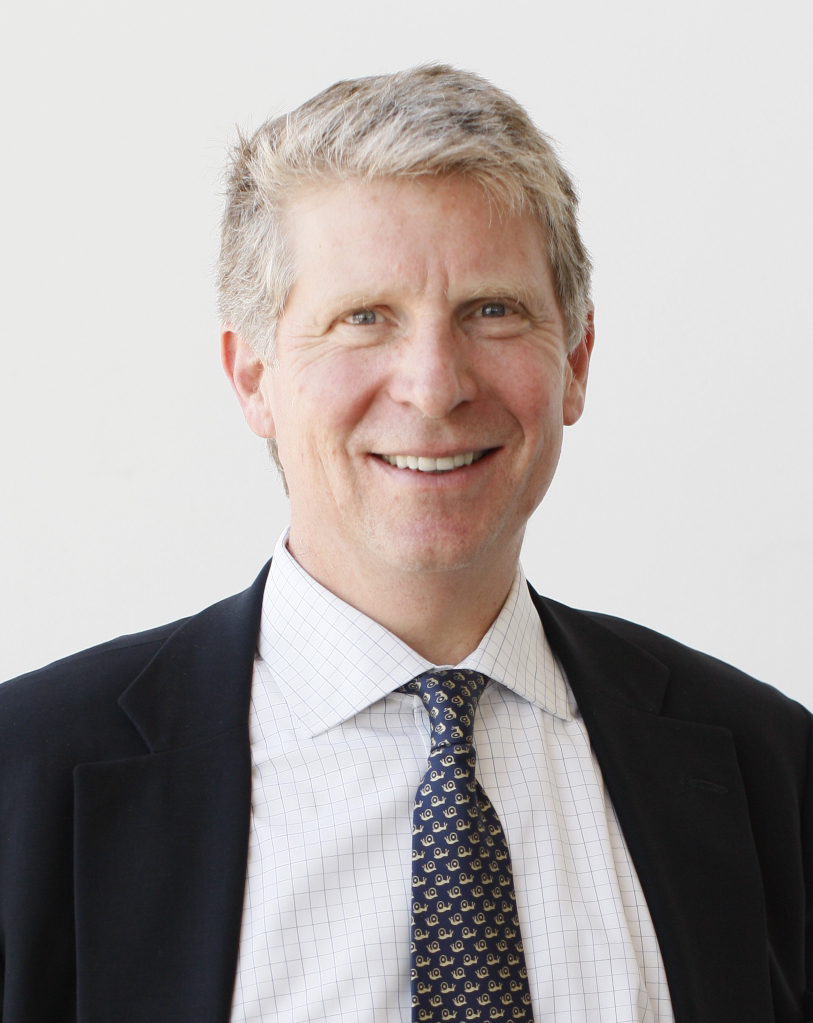Cyrus R. Vance, Jr. is the New York County District Attorney. As District Attorney, Vance has removed of thousands of illegal firearms from city streets, dismantled 18 violent street gangs in Manhattan, convicted the first few individuals on state terror charges in New York, and recovered nearly $12 billion through settlements with nine banks that violated US sanctions.
Can you briefly describe the impetus behind the initiative to reduce New York City’s backlog of rape kits?
To give some background, New York City had a backlog of untested rape kits back in the 1990s. It decided that it was going to invest to make sure that all those untested kits were tested. It did that, and New York no longer has a backlog of untested rape kits. In testing those rape kits, a great number of indictments were secured and the DNA from those rape kits was matched to DNA that had been left at crime scenes and uploaded to the state and federal data bank…The sad reality is that around the country, as was the case in New York until the early 2000s, thousands and thousands of these rape kits have been sitting on warehouse shelves and office shelves in law enforcement offices untested. It is so shocking that the victims of sexual assault would undergo not just the assault, but the examination and then have nobody follow up. That tells the victims that we don’t care and tells the rapists that it doesn’t matter what you did because you’re going to get away with it…It is inexplicable that women, who are predominately the victims in these situations, have their fundamental rights to have these cases investigated disregarded — for years, in many cases. It’s really a question of fairness and something that is a national tragedy and required our office to do what it could to solve this problem.
How is it that these rape kits sit untested for so long? Does that happen for evidence from other crimes, or is it a particularized problem with sexual assaults?
The way it happens is that jurisdictions either don’t have the money or the will [to test the kits]. The money is pretty easy to understand, at least in a sense, but the will is different. I believe that…women as victims have not received the support that they should have received, and I believe that this is really a women’s rights issue. I’m just dumbfounded as to how these kits could not have been tested in so many jurisdictions. It’s either money or lack of will, and we intended to both partially solve that money problem, and we decided that our office was going demonstrate the will, with the federal government, to take a lead role in ending the rape kit backlog.
If your office brought the will, where did the money come from?
We determined that we were going to dedicate about $38 million from funds that we have received from white-collar cases…and [that] jurisdictions around the country, if they had backlogs, could apply for dollars to test those backlogs. At the end of the day, our $38 million was matched by $41 million from the federal government. We have a fund of about $79 million that is going to be used around the country to test about 56,000 untested rape kits. Our $38 million is going to 32 jurisdictions in 20 states…We hope that our efforts are going to be mirrored by the efforts of others going forward where municipalities and jurisdictions will seek funding…to make sure that this rape kit backlog in the United States in ended once and for all.
Can you elaborate briefly on the white-collar cases that are the source of the money?
By white collar I mean business crime, essentially. So these are funds that came from, in particular, large foreign financial institutions. These groups were under investigation for hiding the source of funds…[moving] through New York City, in violation of their lawful obligation to honestly describe where those funds came from.
Will this initiative help New Yorkers?
Yes, absolutely. When you look at the experience of Detroit, which tested around 2,000 kits several years ago, those 2,000 kits…had hits in 23 different states around the country – individuals in 23 states outside of Detroit matched back to Detroit rapes. The truth is that many of these rapists are serial rapists, and they will go across the country and commit sexual assaults, not just in New York but in other places. We believe that we are going to be able to identify individuals in other states…and their DNA is going to match unsolved crimes here in New York City…So New York victims are finally going to be able to have cases closed as a result of testing rape kits that have been sitting in other jurisdictions for years, sometimes decades.
What impact will your initiative have on the remaining untested rape kits?
Nobody knows the exact answer of how many [kits] remain untested. Our dollars will result in 56,000 kits being tested; the federal government’s money will result in another 13,000. But there is no clear answer as to how many other kits are out there that have not been tested. Obviously, we hope that this investment spurs jurisdictions to answer that question and then subsequently seek funding or help to get those tested.
What message do you hope that the initiative will send to rape survivors around the country?
Survivors need to know that they’re not forgotten and that what happened to them is important to me, to this office, to us in law enforcement. We are going to do what we can to make sure that their cases are investigated… so that we can achieve justice for them.
